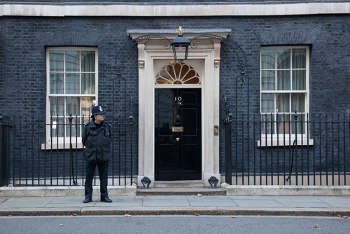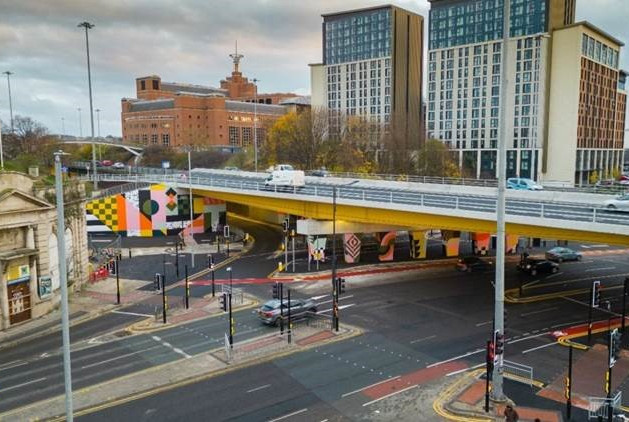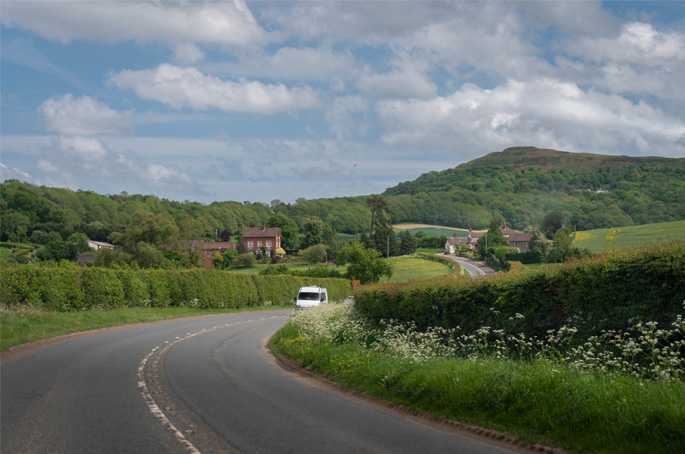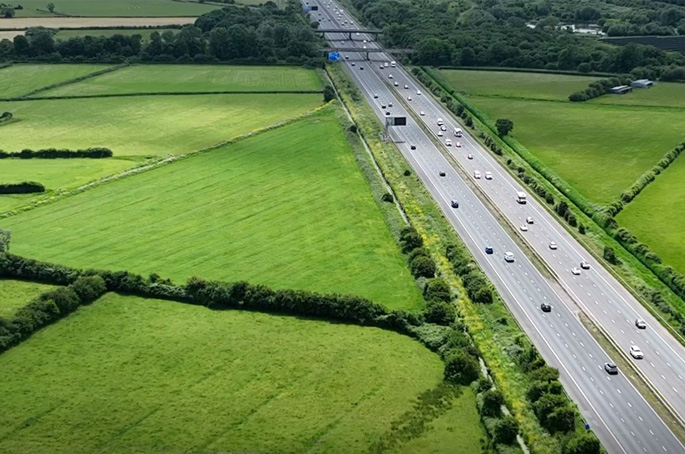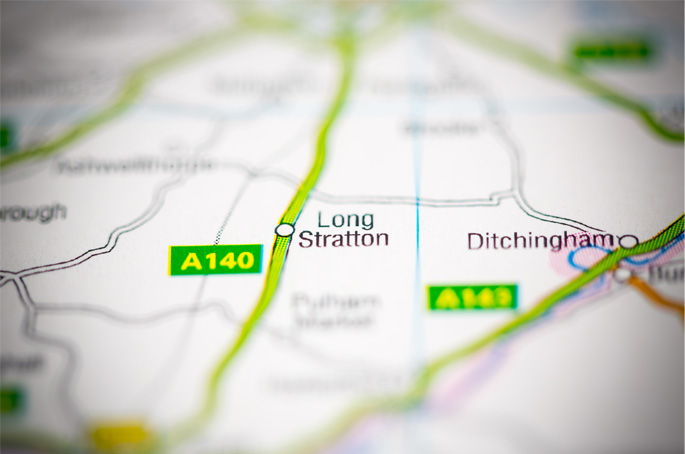The Conservative Party has won a large majority after taking seats from Labour in its traditional heartlands in the North and Midlands.
As the last seat was due to be declared, Boris Johnson's Tories were sitting on majority of 78 - securing 364 seats, with Labour on 203, SNP on 48 and the Liberal Democrats on 11.
Despite a strong year for 'green' politics and a massive surge in total votes, the Green Party was only able to secure one MP.
Mr Johnson said: 'This one nation Conservative government has been given a powerful new mandate to get Brexit done, and not just to Get Brexit done but to unite this country and take it forward and focus on the priorities of the British people.'
Labour on the other hand has been left licking its wounds after what is surely a watershed moment for the party.
It lost 55 seats as the Conservatives gained 75, and while the party's leadership was keen to blame the divisiveness of Brexit many more laid the lion's share of the failure at the feet of the leadership itself.
Jeremy Corbyn, whose time as Labour leader has been one of the most fractious ever seen within the party, said he would step down after a short interim period.
'I will not lead the Party in any future general election campaign I will discuss with our party to ensure there is a process now of reflection and on the policies that the Party will take going forward and I will lead the Party in that period to ensure that discussion takes place and we move on into the future. Brexit has so polarised and divided debate in this country it has overridden so much of a normal political debate.'
Editor's note:
The election result provides some much needed certainty but also challenges for the sector. Many will have been nervous at the prospect of Labour moving large amounts of VED monies, which were due to be ringfenced for a National Roads Fund, to other areas.
It now seems that the £25.3bn for the Road Investment Strategy 2 for Highways England and the £3.5bn of major road network and large local majors cash for local authorities, will go ahead as planned.
However Brexit will also go ahead, as well as the Conservative immigration controls, which could put further pressure on the skills crisis afflicting the infrastructure sector.
As a personality, Boris Johnson is very much pro-infrastructure and will be keen to push ahead with big regional projects including the Northern Powerhouse as a display of confidence in the UK and to consolidate the support he has won in traditional Labour areas.
While the pipeline of work has been secured for the time being, the country faces a prolonged period of negotiations over its future trade relationship with the EU and that could yet cause underlying difficulties to the economy and wider internal and foreign investment.

